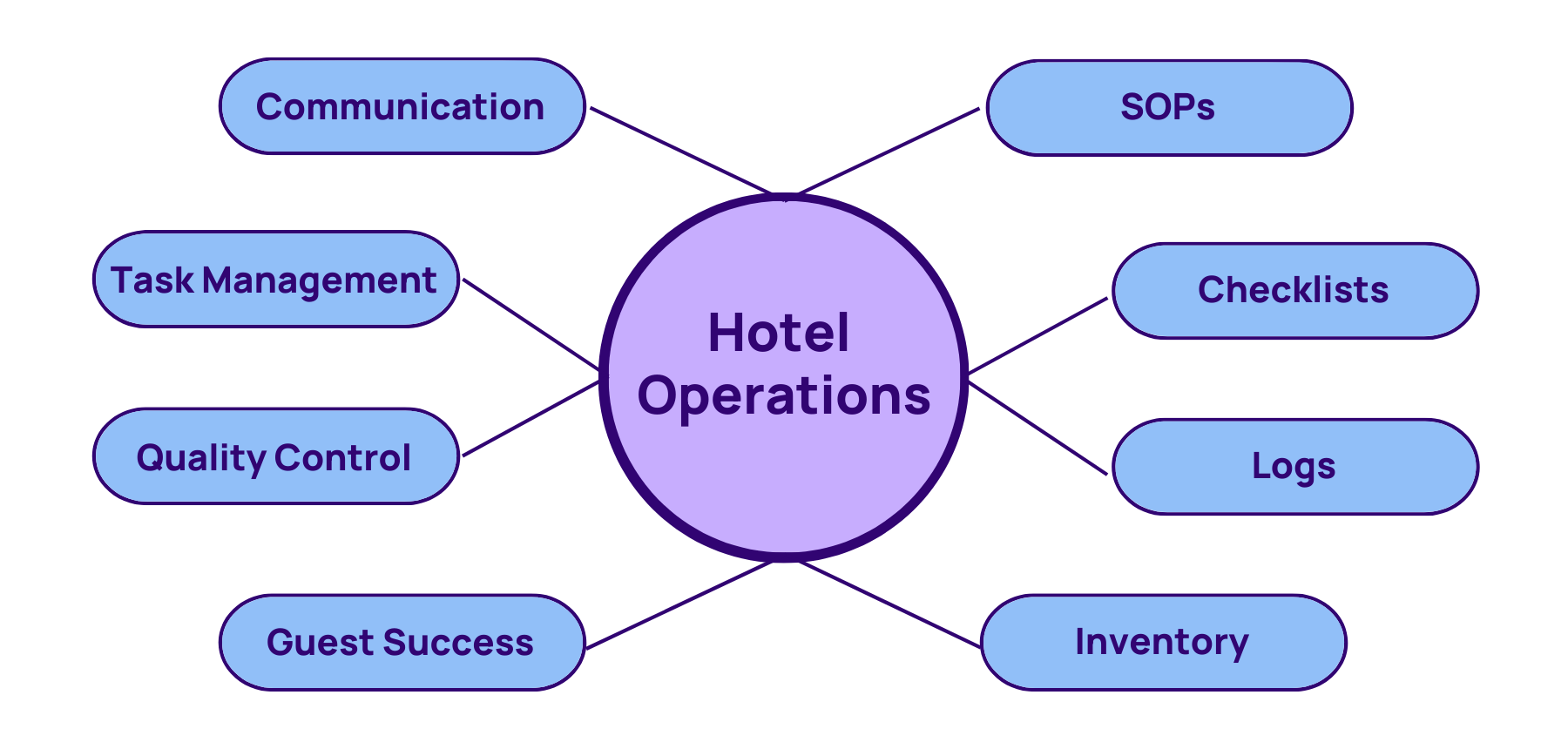How much do hotel managers make in the United States? This question is often on the minds of those considering a career in hospitality or looking to understand the financial landscape of the industry. Hotel management is a dynamic field that requires a blend of leadership, operational expertise, and customer service skills. The salary for hotel managers can vary significantly based on factors such as location, hotel size, type of establishment, and experience level. Understanding these variables is crucial for anyone entering or advancing in this profession.
Factors Influencing Hotel Manager Salaries
One of the primary factors affecting hotel manager salaries is the location of the hotel. In major metropolitan areas like New York City, Los Angeles, or San Francisco, where the cost of living is high, hotel managers typically earn more than their counterparts in smaller cities or rural areas. For example, a hotel manager in Manhattan might earn an average of $85,000 per year, while someone in a less expensive region could earn closer to $55,000. These differences are largely due to the demand for skilled professionals and the competitive nature of the job market in big cities.
Another significant factor is the size and type of the hotel. Large luxury hotels or resort properties often offer higher salaries compared to budget or mid-range hotels. A manager at a five-star resort may have a base salary of over $100,000, along with additional benefits such as housing, travel allowances, and performance bonuses. In contrast, a manager at a boutique hotel or a limited-service hotel might receive a lower base salary but could still benefit from a more personalized work environment.
Average Salaries Across Different Regions

According to data from the Bureau of Labor Statistics (BLS), the median annual wage for lodging managers in the United States was approximately $63,490 as of May 2023. However, this figure can fluctuate depending on the specific region and the type of accommodation. For instance, hotel managers in states like California, New York, and Hawaii tend to earn higher wages due to the high demand for hospitality services and the presence of major tourist attractions.
In contrast, states with lower costs of living, such as Texas or Ohio, may offer slightly lower salaries, though they often provide a better quality of life. It’s also worth noting that some regions experience seasonal variations in tourism, which can impact a hotel manager’s income. During peak seasons, managers may receive additional compensation or overtime pay, while off-peak periods might result in reduced earnings.
Additional Benefits and Perks

Beyond base salary, hotel managers often receive a range of benefits that can enhance their overall compensation package. These may include health insurance, retirement plans, paid time off, and company-provided housing or meals. Some hotels also offer performance-based incentives, such as profit-sharing or bonuses tied to occupancy rates and customer satisfaction scores.
For those working in high-end resorts or international chains, there may be opportunities for travel, professional development, and career advancement. These perks can significantly contribute to a manager’s total earnings and job satisfaction. Additionally, many hotel managers find that the non-monetary rewards of the job—such as the opportunity to interact with diverse guests and manage a team—can be just as valuable as the salary itself.
Career Growth and Advancement Opportunities

The hospitality industry offers numerous opportunities for career growth, and hotel managers can often advance to higher positions with experience and additional qualifications. Many managers start in entry-level roles such as front desk supervisors or assistant managers before moving into full managerial positions. With time and proven leadership skills, they may eventually become general managers, regional directors, or even executives within large hotel chains.
Continuing education and professional certifications can also play a role in career advancement. Programs such as the Certified Hospitality Manager (CHM) or the Hotel Management Certificate from institutions like Cornell University can enhance a manager’s credentials and open doors to higher-paying positions. Networking within the industry and staying informed about trends in hospitality can further support long-term career success.
Conclusion

Hotel managers play a vital role in ensuring the smooth operation of hotels and the satisfaction of guests. Their salaries reflect the complexity of the job and the various factors that influence earning potential. While the average salary in the United States is around $63,490, this figure can vary widely depending on location, hotel size, and other factors. For those interested in a career in hospitality, understanding these dynamics can help them make informed decisions about their professional path. Whether working in a bustling city or a quiet resort town, hotel managers have the opportunity to build rewarding careers in a dynamic and ever-evolving industry.



